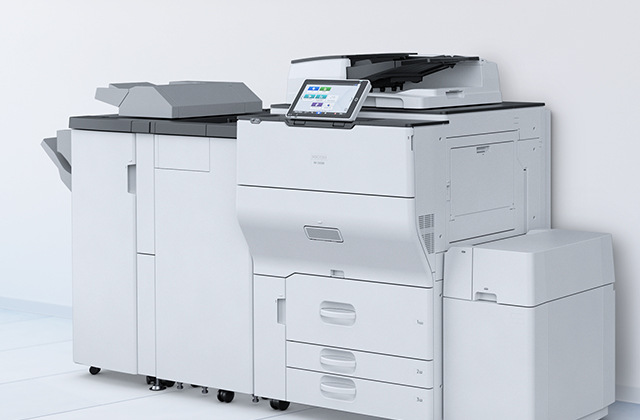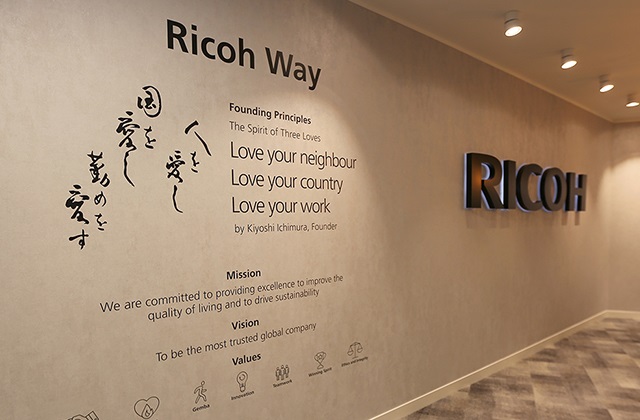One quarter of businesses say they cannot reduce their environmental impact
New research from Ricoh Europe reveals that one in four business leaders believe their organisation cannot reduce environmental impact, trends Ricoh South Africa sees mirrored across Southern Africa.
Research conducted by Opinion Matters polled 1 500 decision makers to reveal that 60% agree that there is no incentive for the C-suite to help mitigate a company’s negative environmental impact.
“Two-thirds of people are unsure or don’t have the resources to achieve meaningful change,” says Jacques van Wyk, CEO of Ricoh South Africa. “But 67% admit that their people care a lot more for the environment today than they did just five years ago.”
Van Wyk says business leaders face numerous pressures to perform and even recover following the local, regional and global economic and supply chain impacts of the pandemic, which tends to push environmental sustainability initiatives further down the priorities list.
“One of the challenges South African businesses are going to face is meeting the tenets of the Carbon Tax,” he says. “They have numerous options to do so, such as transforming operations or buying carbon credits.”
A major snag is that only 27% of business leaders say they have set long-term environmental sustainability goals – meaning most have failed to implement a basic roadmap for change.
Lack of planning and action is thrown into sharp relief by the fact most businesses (65%) recognise the importance of environmental sustainability for their competitiveness in the market in which they operate.
Combining digital transformation efforts with a clearly articulated environmental, social and corporate governance (ESG) framework is one way businesses could start to see benefits across their organisation.
David Mills, CEO of Ricoh Europe, says: “The first step is often the hardest in any business change programme. There will be many areas where improving operations or productivity overlaps with ESG goals, so it can be the ideal place for businesses to start. Digital transformation is one thing that can help drive operational and ESG gains. But making any changes towards ESG goals needs to be complemented with a clear framework and commitment to measurable success.
“At Ricoh, we align our business and ESG strategy with the UN’s Sustainable Development Goals (SDG). Rather than being a hindrance, aligning to the SDGs to improve our environmental and social performance is a competitive advantage. The tide is most certainly shifting. The stark reality is that those businesses that do not contribute to improving environmental and societal outcomes will ultimately be ignored by the market.”
|About Ricoh|
Ricoh is empowering digital workplaces using innovative technologies and services enabling individuals to work smarter. For more than 80 years, Ricoh has been driving innovation and is a leading provider of document management solutions, IT services, commercial and industrial printing, digital cameras, and industrial systems. Headquartered in Tokyo, Ricoh Group operates in approximately 200 countries and regions. In the financial year ended March 2017, Ricoh Group had worldwide sales of 2,028 billion yen (approx. 18.2 billion USD).
For further press information, please contact:Simone John, Ricoh SA
Contact details: (011) 723-5000, simone.john@ricoh.co.za
For further information, please visit www.ricoh.co.za, www.ricoh-europe.com
Join us on Facebook: https://www.facebook.com/RicohSouthAfrica/
Follow us on Twitter: https://twitter.com/Ricoh_SA
Follow us on LinkedIn: https://www.linkedin.com/company/ricoh-south-africa/












